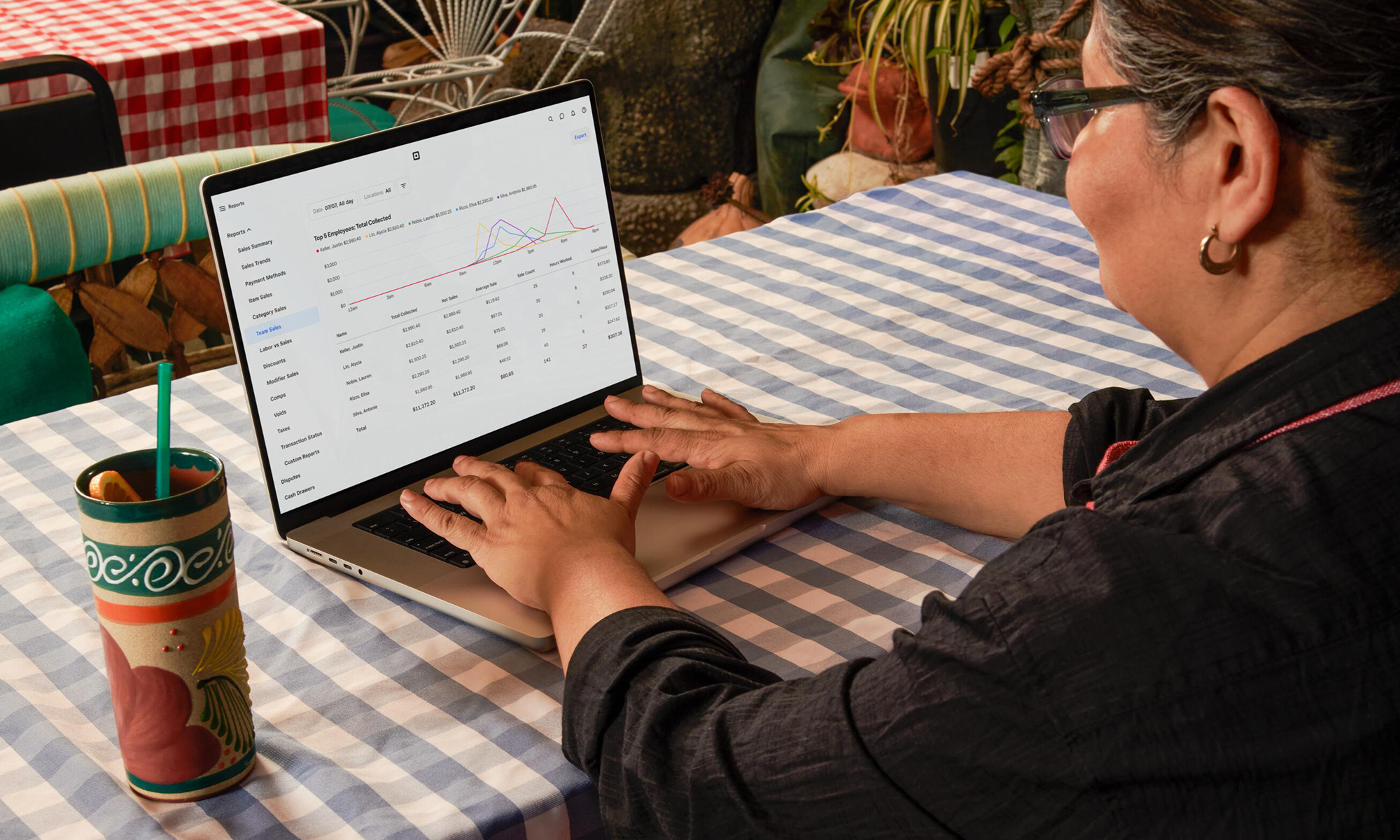Check out the latest Square earnings call transcript.
Square (SQ 3.13%) has a new product to add to its growing ecosystem of services. The Square Card, a free business debit Mastercard for Square merchants, gives its users access to funds as soon as they make a sale through their Square card reader.
It's the latest move by Square to provide more banking services for its users. The company introduced the Cash Card for consumers in 2017, and it's quickly become a major contributor to its subscription and services revenue. The Square Card is a very similar product, but for business expenses, and it could be an even bigger success for Square's business.

Image source: Square.
A marketing tool
The Square Card comes with a unique benefit for cardholders: It gets 2.75% cash back on purchases with other Square merchants. Business owners will be hard-pressed to find a credit card that gets that same level of rewards. Even if they can, they still have to qualify for such a card. The Square Card's 2.75% rebate is deposited right back into the cardholder's account and can be used immediately.
The card gives Square merchants an incentive to persuade their suppliers and other merchants they work with to start using Square to process payments.
Square has consistently reported a payback period around four quarters on its marketing spend. That is to say Square breaks even on its customer acquisition costs after about a year following the time a merchant adopts Square for its payments and services. Former CFO Sarah Friar has noted that even as Square attracts more large merchants, that number has remained steady. Eighty percent of large merchants self-onboard, she said in the company's third-quarter earnings call.
Most interesting, Square's payback period has improved over time. It went from "four to five quarters" in 2017 to "three to four quarters" last year. That's because of the word-of-mouth flywheel Square has created and the additional products and services it sells merchants. The Square Card supports both of those at once, which should enable Square to continue growing while maintaining its excellent marketing efficiency.
Cannibalizing itself
It's worth noting the Square Card has a lot of potential to cannibalize one of Square's most valuable subscription and services products -- Instant Deposit. This feature enables merchants to transfer funds from their Square account to their bank account instantly instead of waiting the standard one-day settlement time.
The service is growing extremely quickly. Square says it processed $4 billion in Instant Deposits between its merchants and consumers using the Cash App in the second quarter last year. That's up from $2 billion in the third quarter of 2017.
The Square Card (and Cash Card, for that matter) reduce the need for Instant Deposits. Square charges 1% for Instant Deposits, but it has the potential to collect a lot more from Square Card usage.
Square collects an interchange fee every time someone uses one of its debit cards. Those fees are generally greater than 1% for prepaid debit cards like the ones Square issues.
As a payments processor, Square has to pay those interchange fees out to issuing banks to process their bankcards. Now Square is on the other side, collecting them. And when it's on both sides, it's putting money back in its own pocket. That should reduce the net cost of the 2.75% rebate Square offers cardholders at other Square merchants below 2%.
The Square Card is an elegant product. Merchants can have immediate access to their funds without having to pay the 1% Instant Deposit fee. At the same time, Square can still collect revenue from merchants that want to use funds immediately in the form of interchange fees. On top of that, it works as a new marketing tool to encourage new merchants to sign up for a payments account and use more Square services.






